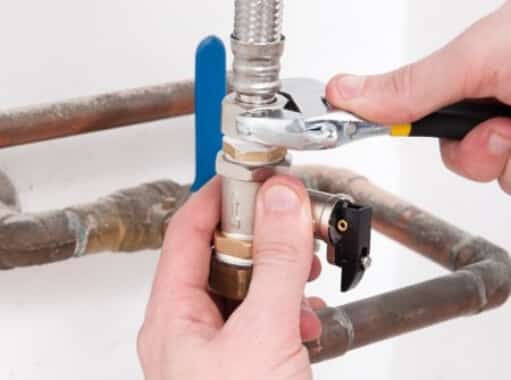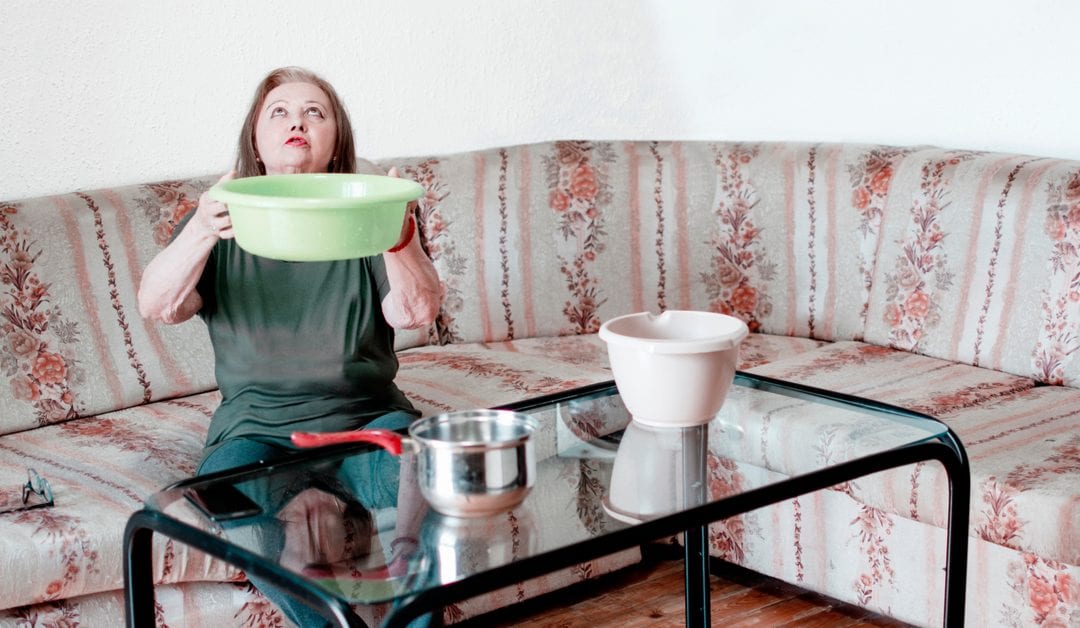Guide to Handling Plumbing Problems in Older Homes
Guide to Handling Plumbing Problems in Older Homes
Blog Article
We have uncovered this article on Main Plumbing Issues Found in Old Houses down the page on the net and accepted it made sense to write about it with you here.

Older homes usually include charm, personality, and history, yet they can likewise bring a host of pipes concerns. Whether you're managing aging pipes, low tide stress, or leaks, understanding just how to deal with these usual issues is crucial to preserving a safe and practical home. In this guide, we'll discover the common pipes challenges encountered by older homes and provide practical options to maintain your plumbing in leading form.
Comprehending Usual Plumbing Concerns
Aging Pipes
Among one of the most typical concerns in older homes is aging pipelines. Depending on the age in which your home was constructed, the pipes may be made from products that have worn away in time, such as galvanized steel, cast iron, and even lead. These products can corrode, end up being weak, or develop leaks, causing water damages and potential health hazards.
Low Tide Stress
If you're experiencing low water stress, it could be because of natural resources, corrosion inside the pipes, or old fixtures that are no more functioning effectively. This can be a significant trouble, specifically in locations like showers and sinks.
Dripping Pipelines
Leaks are one more regular problem in older homes, typically triggered by rusty or worn-out pipes. Even tiny leakages can result in significant water damage, mold and mildew growth, and increased water bills otherwise addressed immediately.
Obsolete Components
Obsolete pipes components such as faucets, toilets, and showerheads not only look old but may likewise be less effective, vulnerable to leakages, or inappropriate with contemporary pipes requirements.
Pipeline Rust
Deterioration is an usual trouble in older pipelines, specifically those made from galvanized steel or actors iron. Corroded pipelines can limit water flow, cause staining, and ultimately result in leaks or pipeline bursts.
Assessing the Problem of Your Pipes
Inspecting Visible Pipelines
Start by inspecting any kind of noticeable pipes in your house, such as those in cellars, crawl spaces, or under sinks. Search for signs of corrosion, leakages, or rust, which can indicate underlying problems.
Checking for Leakages
Look for leaks by inspecting locations around faucets, commodes, and under sinks. You can likewise monitor your water meter before and after a duration of no water use to detect surprise leaks.
Water Top Quality Testing
Older pipes can influence the high quality of your water. Conduct a water quality examination to check for impurities such as lead, rust, or various other contaminations that may be presented by aging pipelines.
Solutions for Common Pipes Issues
Replacing Aging Pipelines
If your home has old, deteriorating pipelines, consider changing them with modern materials like copper or PEX. This can be a substantial financial investment, but it will certainly prevent future concerns and improve the security and reliability of your pipes system.
Repairing Low Tide Pressure
To deal with low tide pressure, start by cleaning or changing old fixtures and removing mineral build-up in the pipelines. If the trouble continues, it might be needed to replace areas of corroded pipelines.
Fixing and Replacing Dripping Pipes
For tiny leaks, you can make use of pipe clamps or epoxy putty as a short-lived fix. Nonetheless, it's best to change leaking pipelines entirely to prevent more damage.
Updating Fixtures
Updating old components to modern, water-efficient designs can enhance your home's pipes efficiency and reduce water intake. Look for fixtures with the WaterSense label for the best performance.
Dealing with Pipe Rust
If your pipelines are worn away, replacing them with corrosion-resistant materials like copper, PVC, or PEX is the best solution. Normal examinations and water top quality upkeep can help stop further corrosion.
When to Call a Professional
While some plumbing problems can be taken care of with do it yourself options, there are times when it's ideal to call in an expert. If you're taking care of significant leakages, substantial deterioration, or are unclear concerning the problem of your pipes, a qualified plumber can provide experienced analysis and fixing.
Preventive Upkeep Tips
Routine Evaluations
Frequently examine your plumbing system for indicators of damage. Capturing problems early can prevent pricey fixings down the line.
Water Stress Guideline
Ensure your water pressure is within the advised range to avoid emphasizing your pipelines and fixtures. A plumbing can install a stress regulatory authority if required.
Water Top Quality Upkeep
Mount water filters or conditioners if your water high quality is poor. This can secure your pipelines and fixtures from damage caused by hard water or contaminants.
Proactive Pipe Replacement
If your home has very old pipes, consider proactive substitute prior to significant concerns emerge. This can save you from emergency repair work and water damage.
Final thought
Handling plumbing issues in older homes needs a combination of vigilance, preventive upkeep, and prompt upgrades. By comprehending the usual challenges and recognizing when to look for expert assistance, you can ensure your plumbing system continues to be functional and dependable for several years ahead.
Common Plumbing Issues in Older Homes
Pipe corrosion
Pipe corrosion is a common plumbing issue in older homes. Several factors can cause pipes to corrode:
Water: Ironically, water is the number one cause of pipe corrosion. When water seeps into cracks in pipes, it can cause the metal to rust and break down, leading to leaks or even burst pipes.
Oxygen: Oxygen is another significant culprit in pipe corrosion. When oxygen interacts with water, it can cause the metal to oxidize and weaken.
Chemicals: Chemicals such as chlorine and fluoride can also contribute to pipe corrosion. These chemicals can react with the metal in pipes, causing them to break down over time.
Leaky pipes
Pipes that leak is one of the most common plumbing issues plaguing residents of older houses. While a small leak may not be a problem initially, it can lead to significant problems if left unaddressed. In addition, water damage can be very costly to repair and may cause damage to electric fixtures, promote mold growth and cause many other issues.
Worn-out fixtures
Older homes often have worn-out fixtures which may need replacement. Over time, the finishes on fixtures can wear down, exposing the underlying metal to corrosion. This can cause fixtures to leak or even break completely. It s best to have a professional plumbing contractor regularly inspect the fixtures in older homes and replaces them if necessary.
Faulty water heaters
A leaky water heater can cause severe damage to the home as it can be both a flood and fire hazard. Call a plumber immediately if it appears that the water heater might be leaking.
If the heater isn t working correctly, it could be because the pilot has gone out. The pilot light going out may indicate gas supply issues or leaks. It is also worth checking the thermostat to see if it needs to be adjusted.
If the water heater is making strange noises, it could be due to sediment buildup in the tank. Sediment can interfere with the heating elements and cause them to overheat. Overheating can damage the tank and shorten the lifespan of the water heater.
https://www.norfleetfamilyplumbing.com/blog/common-plumbing-issues-in-older-homes

As a serious reader about , I imagined sharing that information was a smart idea. Are you aware of someone else who is enthusiastic about the subject? Be sure promote it. I praise you for your time. Please pay a visit to our website back soon.
Call Us Now Report this page